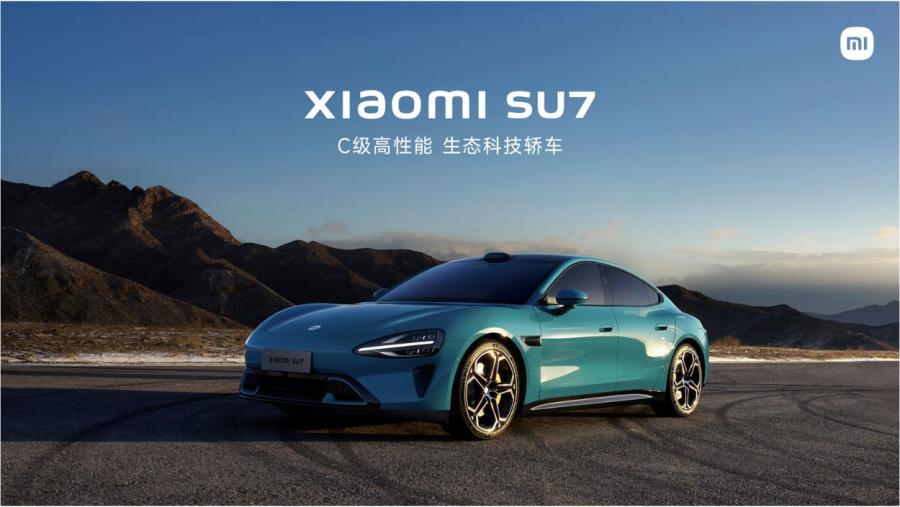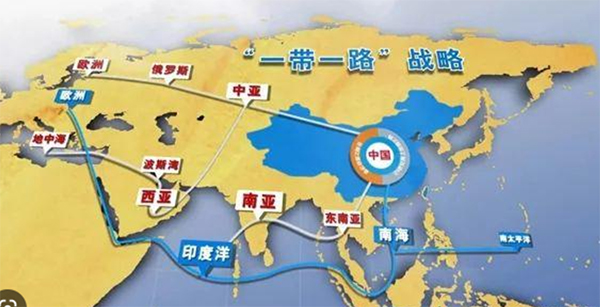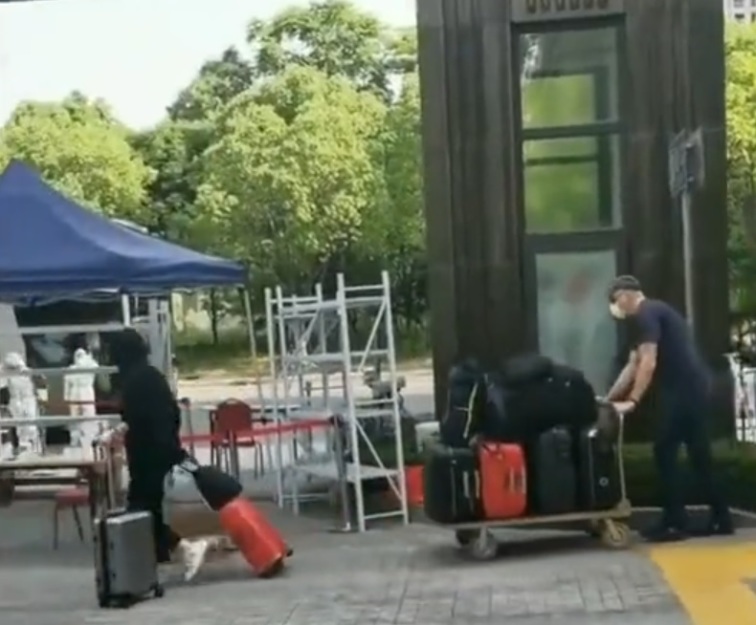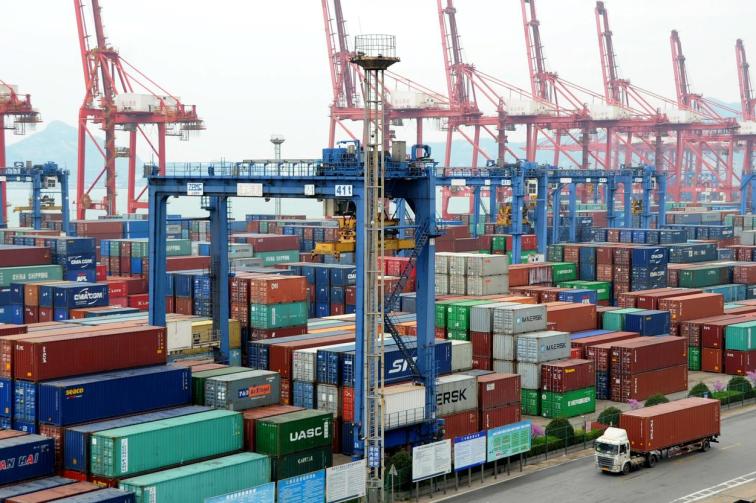Xiaomi SU7 (Screenshot from Xiaomi's official website)
[People News] A Xiaomi SU7 electric vehicle crashed and caught fire on a highway in Anhui Province on March 29, resulting in the deaths of three people. Grieving family members were left questioning why the car spontaneously ignited, while some even faced online criticism for speaking out. Xiaomi’s Chairman and CEO Lei Jun remained silent for three days before finally addressing the incident on April 1, stating on Weibo that Xiaomi would not evade responsibility and would respond with action.
According to Radio Free Asia and various media reports, the accident occurred at approximately 10:00 PM on March 29. Three female university students were traveling together in a Xiaomi SU7 when the vehicle lost control and crashed into a guardrail on the highway. The car immediately burst into flames, and all three occupants were burned alive, unable to escape.
A video circulating online shows a woman named Song Ziyun, from Huangshi, Hubei Province, holding up her ID card and revealing that her niece was among the victims. She claimed the family was not notified until 6:00 AM the next morning. Her husband and in-laws rushed to the scene, where police preliminarily determined that the vehicle was completely burned, and the car doors were locked, preventing escape. She added, “Both girls in the front seats were burned to death, and even though the girl in the backseat was pulled out by bystanders, she did not survive.” Song also addressed accusations of seeking online attention, stating, “People on Douyin (TikTok) are commenting that I am just trying to gain popularity. (Sigh) That’s absolutely not the case. I am just telling the truth.”
The father of the driver spoke to The Economic Observer, revealing that his 23-year-old daughter obtained her driver’s license in 2022 and had been driving a Buick LaCrosse at home. In October 2023, her boyfriend purchased the Xiaomi SU7, and she had even previously driven it on a solo trip to Foshan. He emphasized, “This was not her first time driving long distances or operating this car—she was familiar with its performance.”
The father said that traffic police informed him that roadwork was taking place ahead of the accident site, and the vehicle crashed into a concrete pillar before catching fire, with the doors remaining locked. He added, “My daughter and her classmate were burned alive.” As of 6:00 PM on April 1, the victims’ families had yet to hear from or meet any Xiaomi representatives.
Wang Jian: Frequent Accidents of Chinese Electric Vehicles, Officials Deliberately Covering Up to Protect Car Companies
Senior financial expert Wang Jian remarked to our station that the Chinese Communist Party (CCP) is highly protective of electric vehicle manufacturers, particularly the earlier major players. Numerous accidents, including those involving BYD, have never been reported publicly; in reality, there are countless incidents, yet the outside world struggles to understand the true situation. The recent Xiaomi SU7 accident gained public attention only because many people recorded footage, leading to three fatalities. He questioned, 'If it were Tesla or other foreign brand vehicles involved in an accident, would the families need to fight for their rights?'
Wang Jian emphasized that Chinese electric vehicle companies are 'making cars like they make phones,' focusing on low costs and rapid market entry, unlike traditional Western automakers who have a century of experience in vehicle manufacturing and prioritize addressing safety, driving, and various other issues. Many Chinese car manufacturers come from the tech industry and lack a comprehensive vehicle testing and safety verification system. As a result, many electric vehicle products are rapidly mass-produced and deployed on the roads without adequate real-world testing, leading to numerous potential risks.
Wang Jian stated, 'This accident involving Xiaomi is merely the tip of the iceberg concerning the safety issues of Chinese electric vehicles. For Chinese electric vehicles to succeed in the global market, the essential question is whether they can meet the safety standards of other countries. Chinese electric vehicles are often exported as used cars to circumvent the requirements of other nations.'
Lei Jun Only Made a Statement Three Days After the Accident
On the evening of the 1st at 10:19 PM, Lei Jun posted on his personal Weibo account, expressing condolences on behalf of Xiaomi. He explained that due to the ongoing investigation into the accident, Xiaomi had not yet been in contact with the vehicle involved, and many questions remain unanswered at this time. 'At this point, I feel I should not wait any longer; I must stand up and represent Xiaomi's commitment: no matter what happens, Xiaomi will not evade responsibility.'
As China Aims to Surpass Tesla, Is its Assisted Driving System Safe?
Wang Jian pointed out that the term 'autonomous driving' emphasizes the need to 'exhaust all possibilities' in response to emergencies. However, given China's vast territory and the varying road conditions across different regions, the current pace of development by Chinese car manufacturers is too rapid. Relying on just 1 or 2 years of development cannot meet the necessary safety standards, which instead places drivers at significant risk. 'China's electric vehicle autonomous driving is certainly a major pitfall; it will be unsafe within the next three years.' He expressed concern that because the 'new three items' are a star industry heavily supported by the Chinese government, safety standards have been compromised, ultimately costing lives.










News magazine bootstrap themes!
I like this themes, fast loading and look profesional
Thank you Carlos!
You're welcome!
Please support me with give positive rating!
Yes Sure!